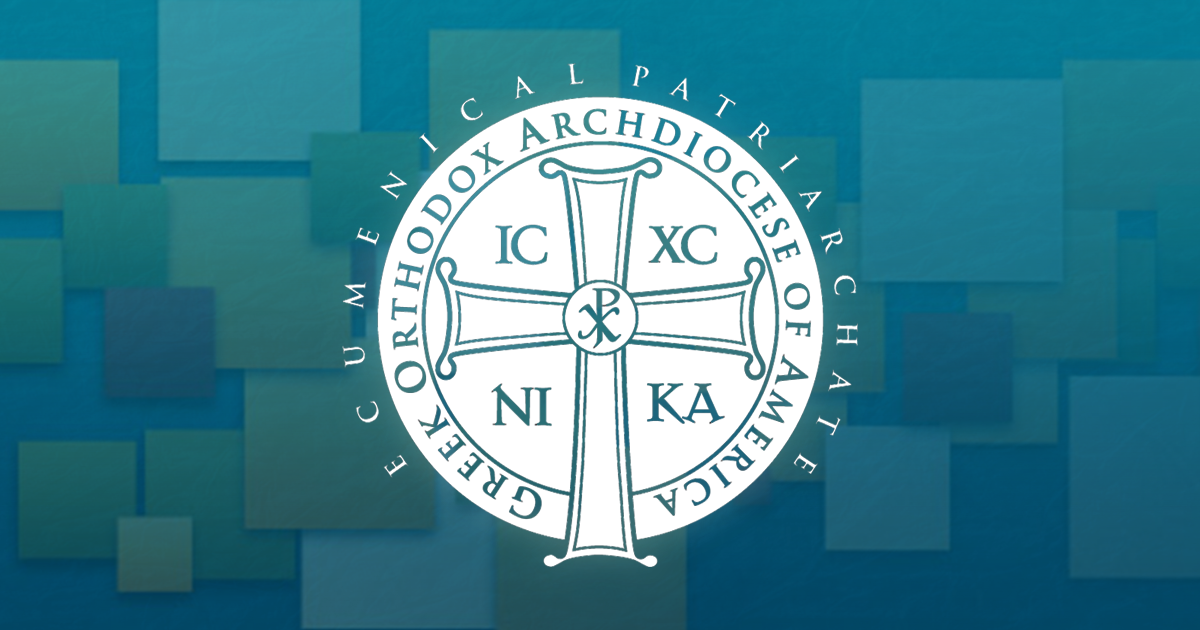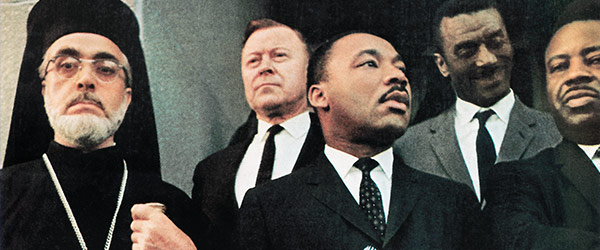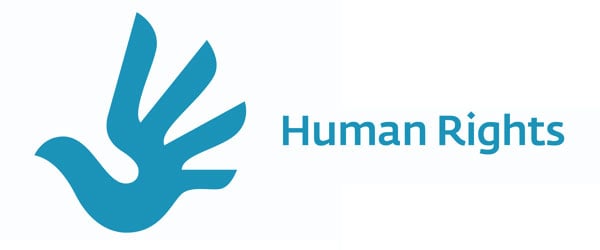July 26 marked the 25th anniversary of the signing of the Americans with Disabilities Act by Present George Herbert Bush. The ADA was a national mandate to break down discrimination barriers preventing the disabled from being employed when qualified, from accessing buildings and programs in their communities, from receiving information in formats they can understand, from using public transportation and, most importantly, from engaging fully in community life.
While churches are technically exempted from ADA provisions, many churches have nevertheless attended to becoming barrier free not only because it is the law, but also because it is the right thing to do when committed to inclusion of all the faithful.
We are far from fully integrating people with disabilities into our communities, but we have come a long way from treating them as if they were invisible, or people and families to be pitied, or shunned through old ideas about stigma.
Today, more and more community programs, including churches, can celebrate progress in helping people with disabilities live their lives as independently as possible and, especially for us, as valued and contributing members of their faith communities.
Much more can, and should, be done. Physical access has made the greatest gains. New churches are built with wide curb cuts, ramps, adequate and accessible parking spaces, and wider entrances.
Churches have renovated their sanctuaries to include spaces for wheelchairs and walkers, not just in the back, but in various pew locations so people have choices to sit it up front with their family members and friends at baptisms, wed- dings, or funerals. Restrooms have been modified or unisex ones created, helping not only those with disabilities but also parents with children and others needing assistance.
Churches also are adding elevators or chair lifts, especially as their members age and have more difficulties climbing stairs. Simply adding drinking straws to buffet tables if there are parishioners with limited hand movements can send an important, inclusive message.
Universal design has become a byword for new constructions as well as renovations --- many now benefit from easier-to-open doors or stepless entries, not just people with disabilities.
As churches evaluate their accessibility needs and plan improvements, they prioritize options based on the specific characteristics of their membership.
Fulfilling the broader intent of the ADA and the fuller meaning of “access” remains a goal still to be met.
Access to information and effective communication is one such area. Different formats for communication help meet the needs of a variety of parishioners, not just those with disabilities. Printing a few copies of Sunday bulletins in large print can be helpful to those with vision difficulties. Web sites can be designed to meet accessibility standards to reach those who use screen readers or who because of cognitive limitations need simpler language or less cluttered presentations.
Assisted listening devises or equipment can be made available during services or meetings. Parish planning for how to increase access to information and provide effective communication sends a powerful message about inclusion and independence to a variety of its members, not just those with disabilities.
Perhaps the most difficult implication of the Americans with Disabilities Act, but the one most important to individuals seeking full membership in a faith community, is more attitudinal and creative in nature. To become fully inclusive, important questions need to be asked, including, to what extent are individuals made to feel welcome in a parish, provided or offered transportation, supported to become part of its ministries as choir members, altar servers, or regular classroom or organizational members, supported to participate in the parish’s service projects, elected to boards and supported to hold leadership positions?
This part of “access” is still the illusive “future” regarding inclusion and integration, but even small steps can move a parish forward.
The anniversary provided an opportunity not only to commemorate a significant event in the history of our country, but also to re-commit to the ADA goals and ideals.
Individuals, organizations, and faith communities are encouraged to sign a pledge that they will work towards creat- ing more accessible, inclusive communities and implementing the ADA further. There is a web page specifically designated for faith communities to sign onto the pledge.
The website for parishes and organizations is: http://adaanniversary.org/faithcommunity. Individuals may sign at: http://adaanniversary.org/pledge.
There is no obligation except to be willing to work towards identifying barriers, physical or social, and working to decrease them.
Dr. Vicki Pappas is a member of the Archdiocesan Committee on Outreach and Evangelism. Before her retirement, she worked at Indiana University’s Institute on Disability and Community and continues to do volunteer work in Bloomington, Ind., in the area of accessibility.


